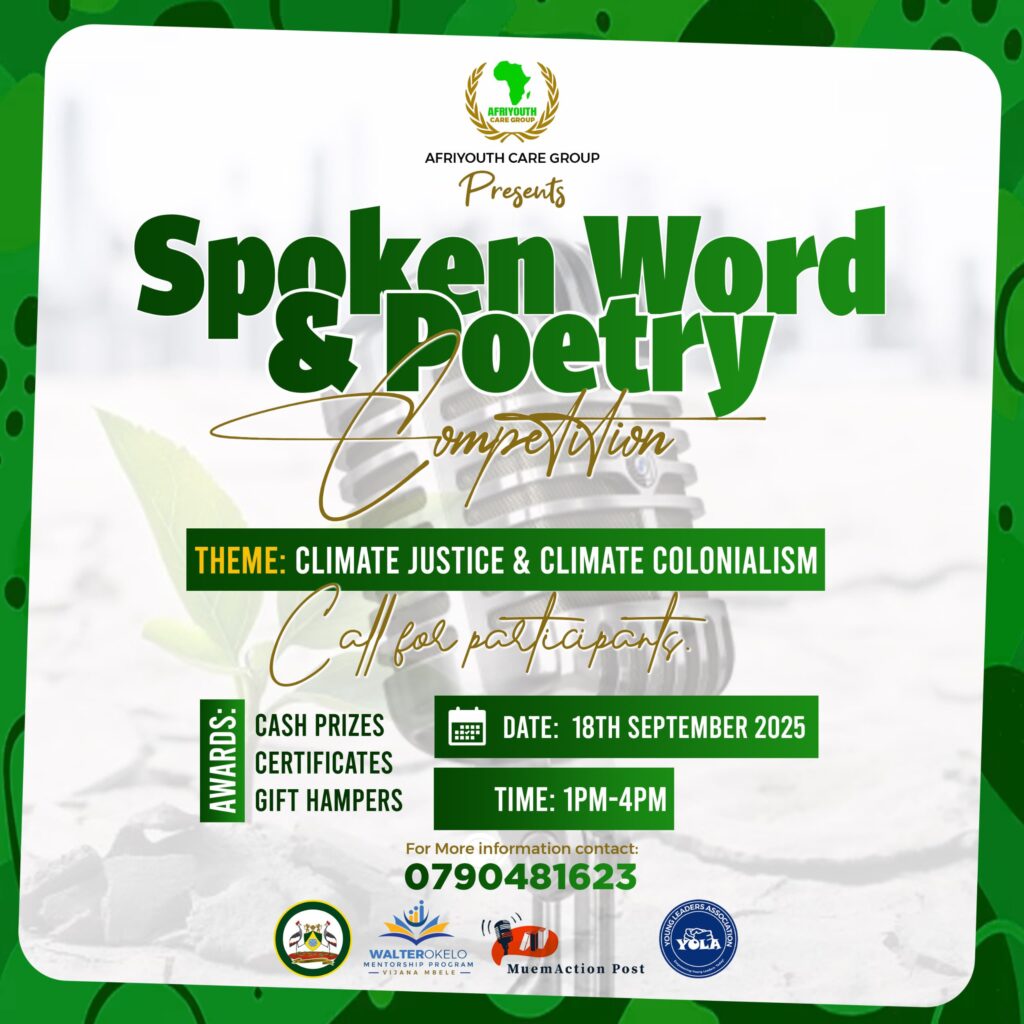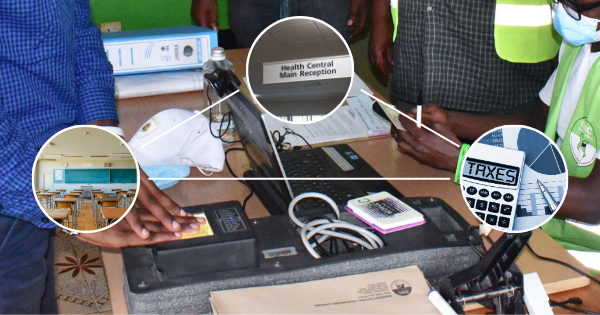Climate justice is when every person has the right to live in a safe and healthy environment regardless of where they come from or how much they contributed to the climate crisis. It is about fairness and equality in dealing with the impacts of climate change. Unfortunately, Africa and Kenya in particular continue to suffer from climate injustices that were not of their making.
Communities across Kenya are already living the reality of climate injustice. Droughts in the arid and semi arid regions have left pastoralist families struggling to find water and pasture, leading to the loss of livestock and increased hunger. In 2024, millions of Kenyans were at risk of starvation as drought wiped out crops and animals.
Today, drought still threatens livelihoods in Turkana, Kitui, and parts of northern Kenya. On the other hand, heavy rains and floods wash away farms, displace families, and spread waterborne diseases. Just recently, hundreds of people in western Kenya and the Rift Valley lost their homes to flash floods. These disasters are not evenly shared across the world. They strike hardest in places that contribute the least to global emissions. That is the core of climate injustice.

Linked to this is the idea of climate colonialism. This term describes the ways in which powerful countries and corporations in the Global North continue to shape African climate policies in ways that mostly benefit themselves. For example, projects designed to offset carbon in Kenya sometimes involve taking over community lands with little benefit to the locals. Renewable energy or conservation initiatives are launched without proper consultation, leaving people displaced or cut off from grazing grounds and cultural sites.
Communities such as the Ogiek are often told to give up their lands and traditional livelihoods without being given fair alternatives. Climate colonialism is, therefore, another layer of exploitation where Kenya carries the burden of climate change but gains very little from the so called solutions.
This is where art steps in as a form of resistance and transformation. Spoken word and poetry have always been powerful ways of telling stories and speaking truth to power. Artists can bring to life the struggles of families walking miles for water, the pain of farmers watching their crops swept away, or the injustice of foreign projects that rob communities of their land.
Art can also inspire action and healing. When a poem is delivered in Kiswahili, Dholuo, Kikamba, or Maasai, it reaches people in their hearts and connects with their lived experiences. It reminds them that their voices matter and that solutions must come from within communities, not just from outside.

AfriYouth Care Group is creating a platform for this artistic resistance through a spoken word and poetry competition under the theme of climate justice and climate colonialism. The competition will take place on 18th September 2025 and invites poets and performers from all backgrounds to share their voices. Awards will include cash prizes, certificates, and gift hampers. More importantly, this is an opportunity to spark conversations, raise awareness, and reclaim the African narrative on climate change.
Registration is now open. If you are a poet or spoken word artist with something to say about how climate change and climate colonialism affect Kenyan communities, this is your chance. Perform in the language of your choice, use the stories of your people, and help transform the climate conversation through art. Sign up here: https://docs.google.com/forms/d/1ie-M_XPPK3naAb7D-S4e5zBWsHpJ0Z4iIKAEWE0zc_M/viewform
On 18th September, let your words carry the message of justice. Through poetry and spoken word, we can reimagine climate action and ensure that African voices lead the way.
Join our WhatsApp channel here for inspiring insights on social issues





One Response
Can Zambian citizens take part